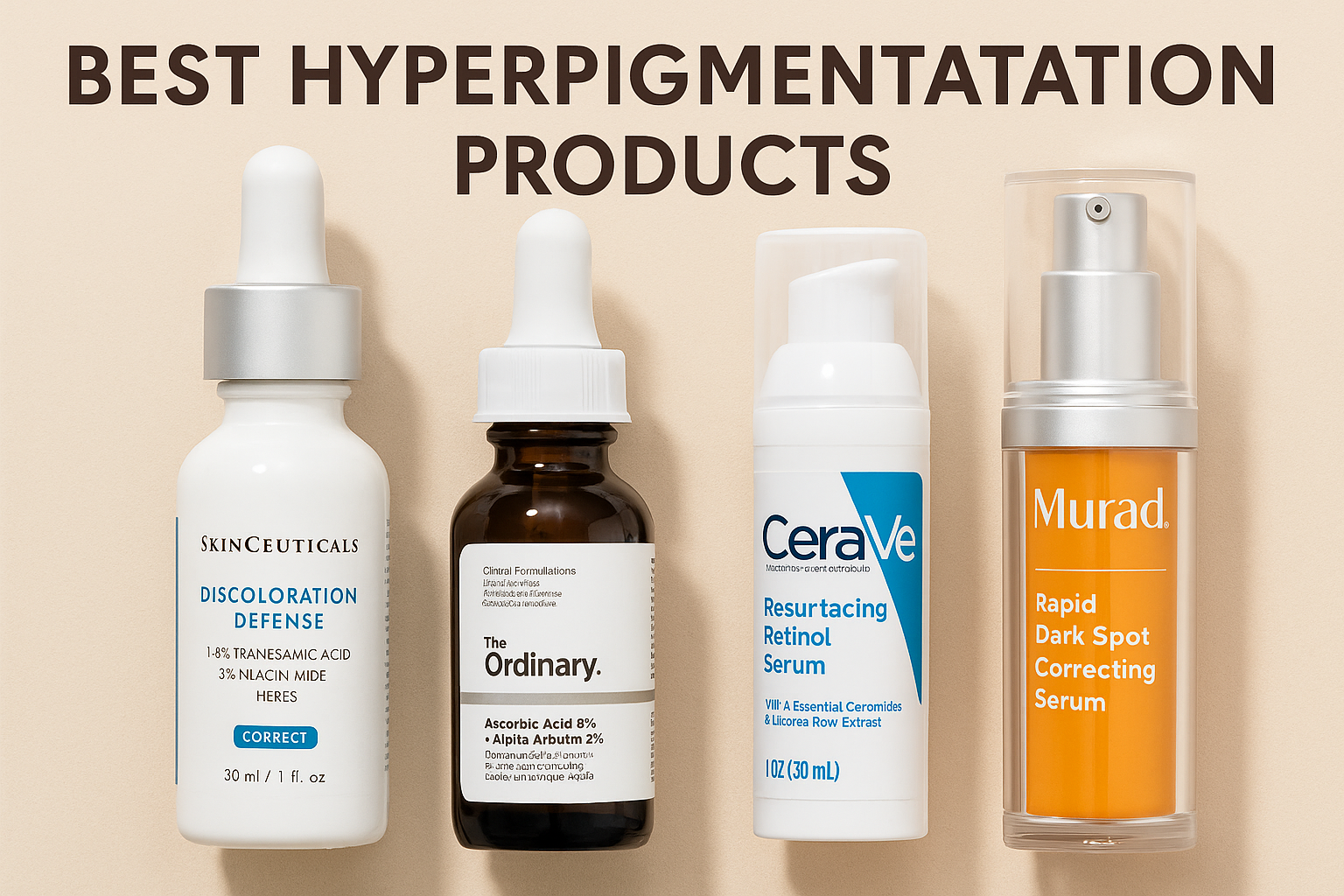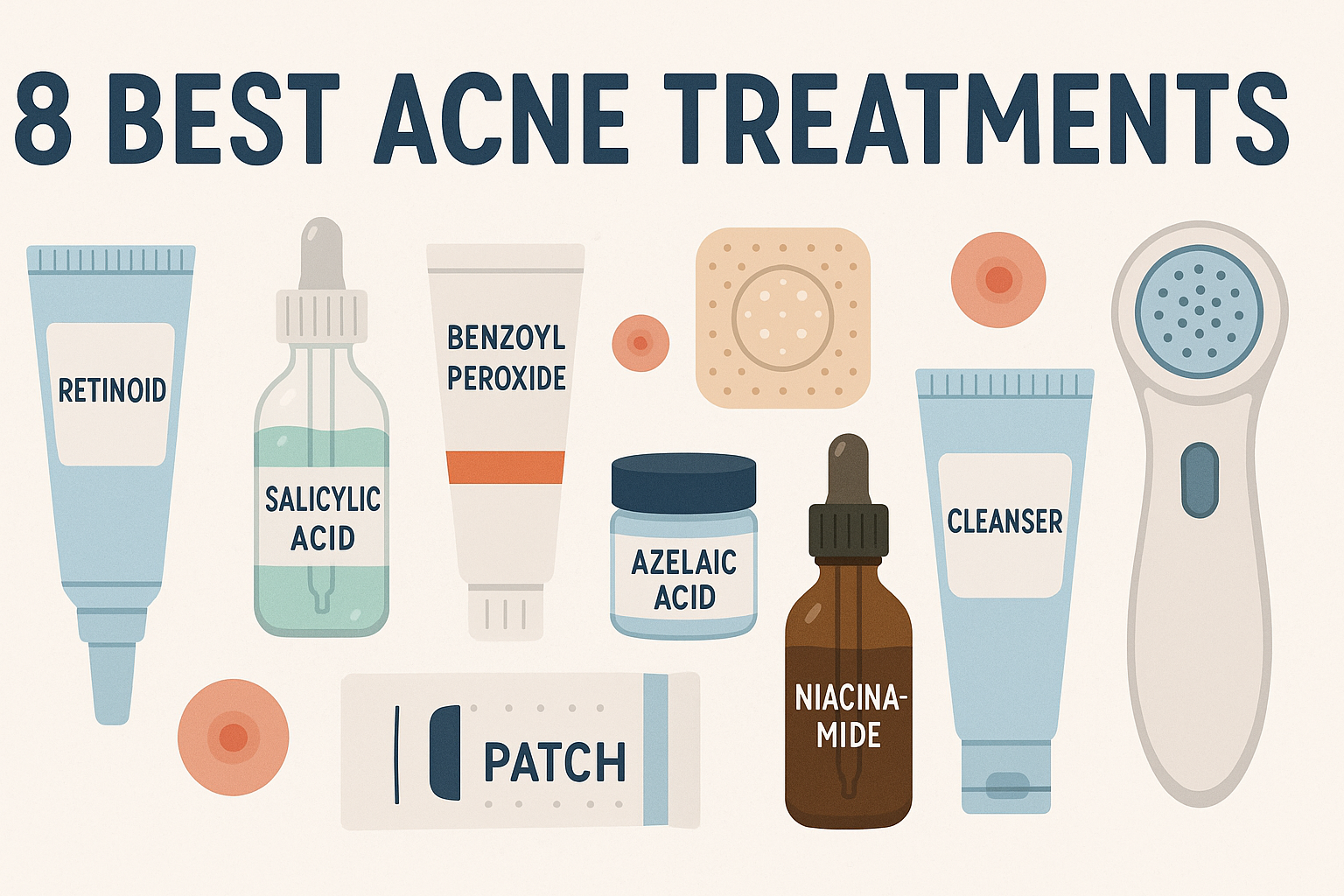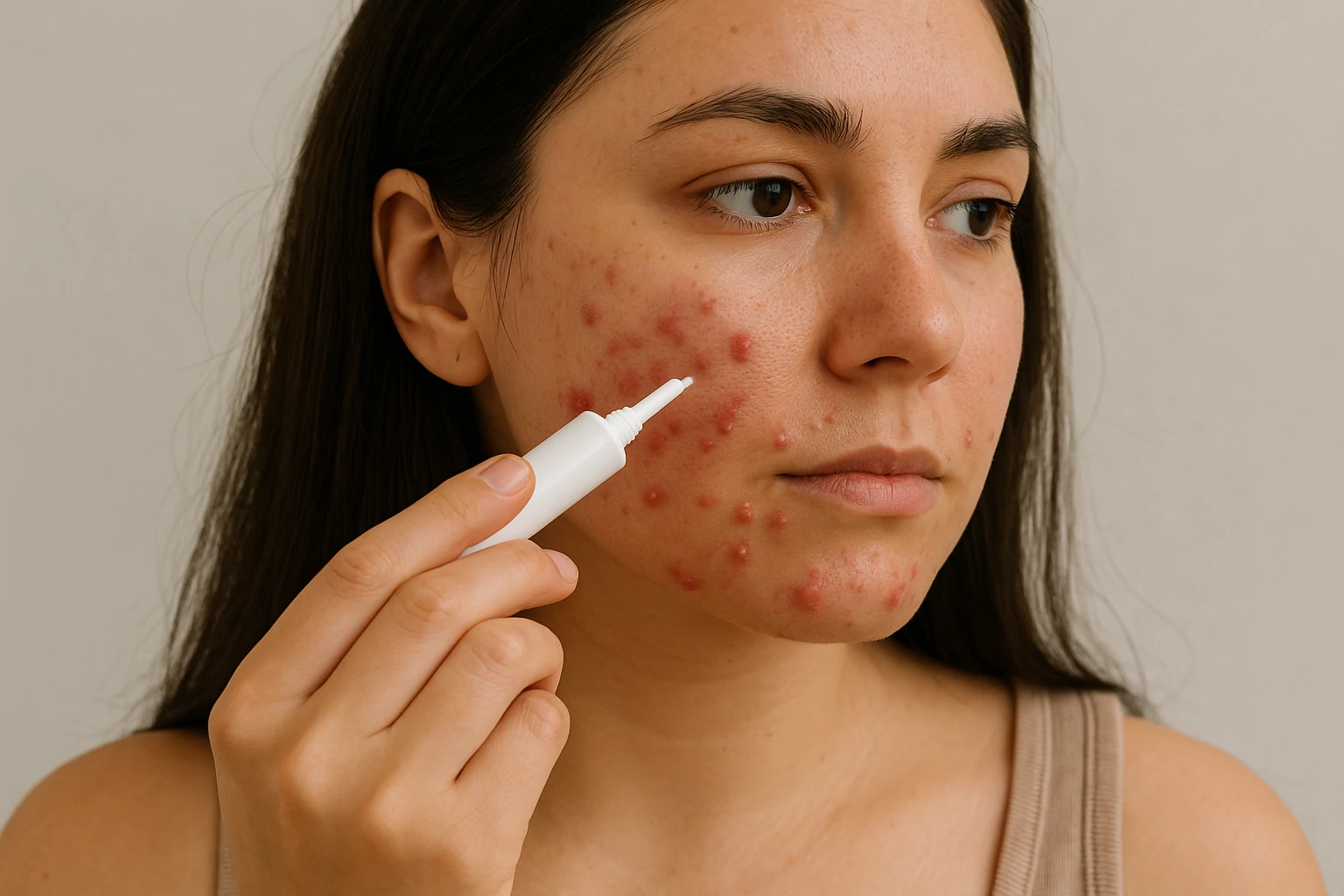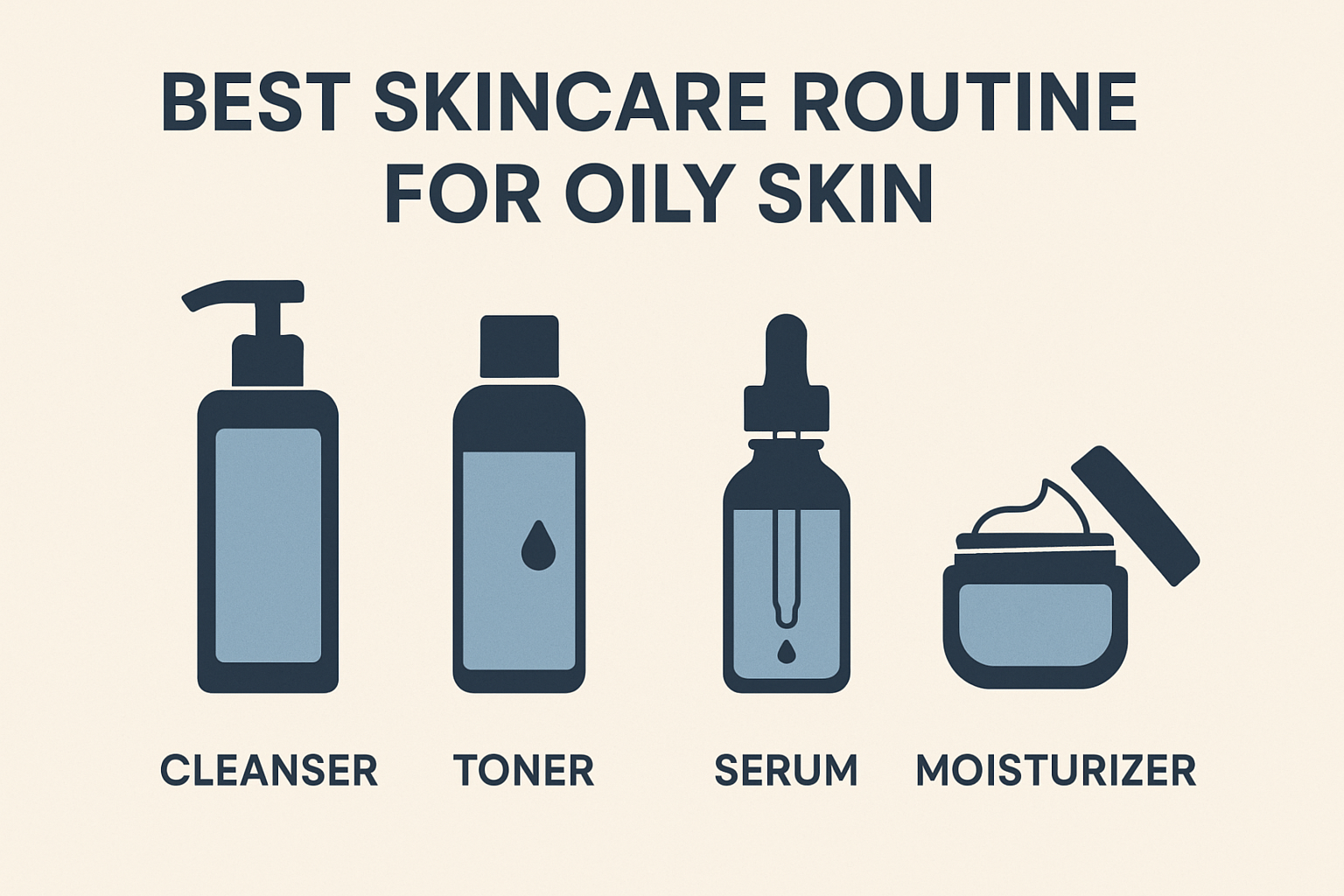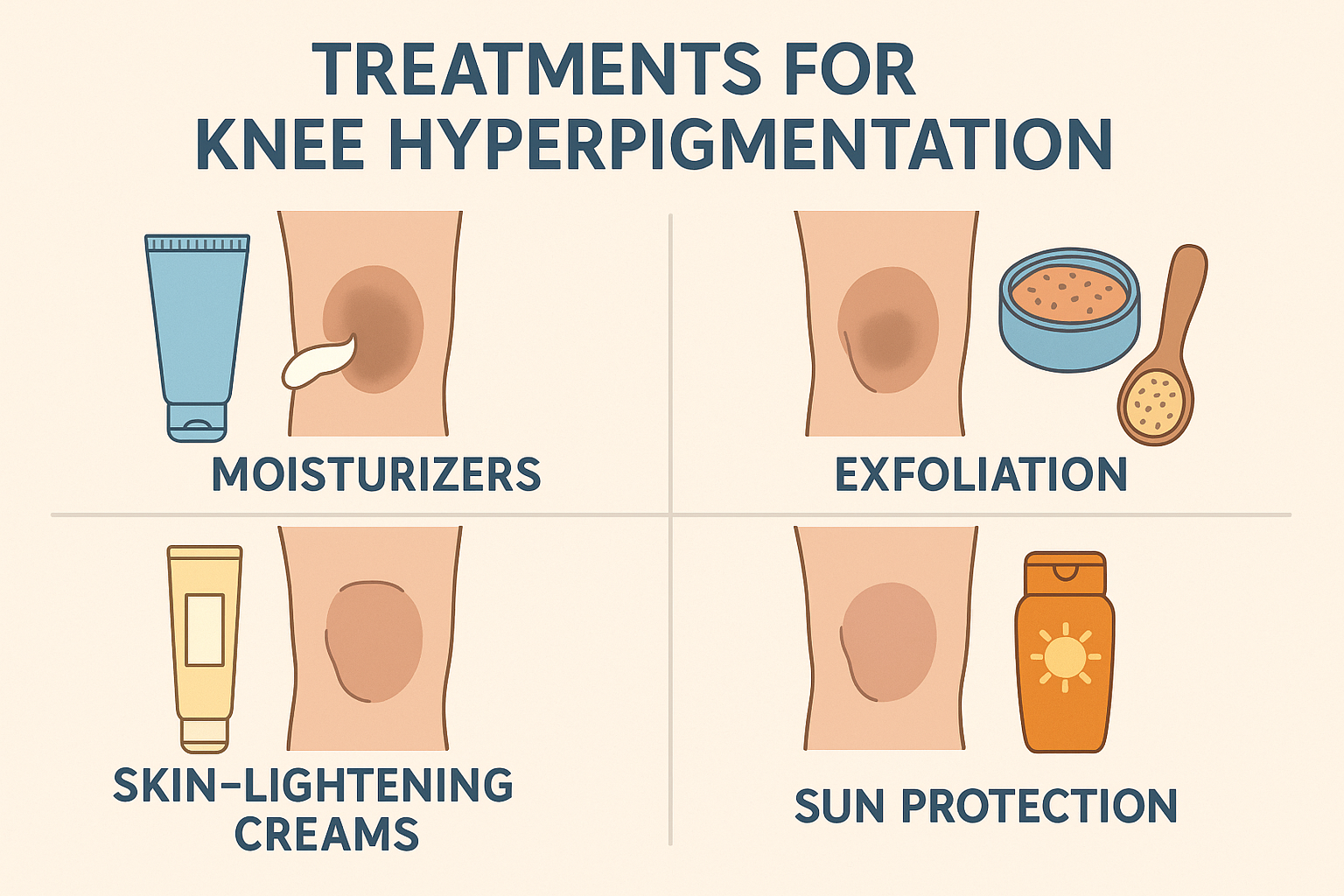Is Lucas’ Papaw Ointment from Australia Really Safe? A Dermatologist Explains
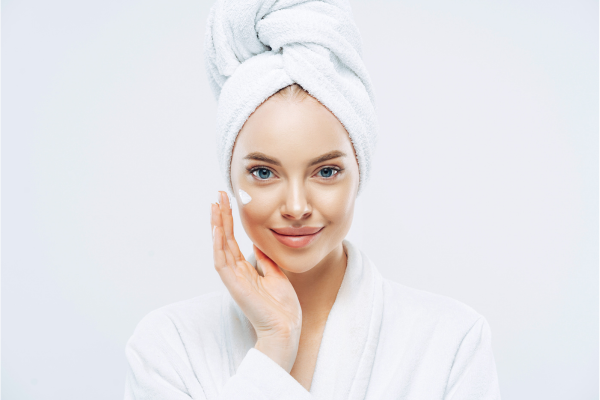
The globalisation of the beauty industry has become increasingly evident, driven by the constant connectivity of the internet—available 24 hours a day, 7 days a week. In today’s digital age, consumers can easily access product information and reviews from around the world, including brands that are not available locally. Ironically, this limited availability often makes foreign products appear more exclusive and appealing, thanks to their perceived quality and unique branding.
Australia is recognised as one of the countries with several globally popular beauty brands. One iconic product from Australia is Lucas’ Papaw Ointment, a multi-purpose balm packaged in a striking red tube. Known for its simple yet effective formula, the ointment has maintained its original composition for over a century—a testament to how consistency and effectiveness build lasting consumer trust.
Priced affordably at under $10, Lucas’ Papaw Ointment is said to treat a wide range of skin issues, including chapped lips, minor cuts, insect bites, rashes, and sunburn. Thanks to its versatility, it is often dubbed a “miracle ointment.”
However, one of its main ingredients—petroleum jelly—has sparked some debate. While it is widely known for its ability to lock in moisture and protect the skin, petroleum jelly is a petroleum-derived substance, and concerns have been raised about its safety if not properly refined. Therefore, expert advice is crucial to help consumers make informed decisions when choosing safe and suitable skincare products.
What Is Lucas’ Papaw Ointment?
Lucas’ Papaw Ointment is a thick, highly moisturising balm designed to soothe dry, cracked, or peeling skin and lips. Its key strength lies in its natural ingredients—especially the inclusion of fermented fresh papaya. The fermentation process is essential, as it activates enzymes and bioactive compounds in the papaya, known for their antibacterial and anti-inflammatory properties.
These properties make fermented papaya effective in preventing infection and accelerating the healing of damaged skin. As a result, the ointment is widely used for treating minor irritations, small cuts, insect bites, and rashes.
The base of the ointment is made from pharmaceutical-grade petroleum jelly (vaseline) and wax, which serve as a protective and moisture-locking barrier. Petroleum jelly helps retain hydration within the skin, forming a shield that supports the healing process by protecting it from external elements. Its smooth and gentle texture also makes the ointment easy and comfortable to apply on various parts of the body.
The product carries a mild natural scent, offering a light sensory experience without causing irritation. The combination of active natural ingredients and pharmaceutical-grade support materials has made Lucas’ Papaw Ointment a popular choice for everyday skincare. With a simple yet effective formula, this balm offers a practical solution to common skin issues—especially thanks to the naturally restorative power of papaya.

Is Lucas’ Papaw Ointment Really Safe to Use?
Petroleum jelly is often a topic of debate, but at its core, it is safe for use on the skin—especially when it has been highly refined. In the case of Lucas’ Papaw Ointment, the petroleum jelly used is pharmaceutical grade, meaning it has undergone a strict purification process to ensure it is safe for human skin, even with long-term use.
One of the main benefits of petroleum jelly is its ability to create a protective barrier on the skin’s surface. This barrier helps lock in the skin’s natural moisture, prevents water loss, and supports skin hydration from within. However, it’s important to note that petroleum jelly does not add moisture from the outside—it simply preserves the moisture already present in the skin.
The controversy surrounding petroleum jelly mainly stems from the fact that it is a byproduct of crude oil refining. Some concerns focus on the risk of harmful contaminants if the substance is not properly purified. Skincare experts like Justine Kahn have pointed out that the barrier petroleum forms can potentially “trap” dirt or bacteria on the skin, which may cause irritation or breakouts, particularly for people with acne-prone skin.
However, according to Kirsten Carriol, founder of Lanolips, the safety of petroleum jelly greatly depends on its purity level. High-quality, pharmaceutical-grade petroleum is non-comedogenic and can serve as an effective skin protectant without causing harm.
In conclusion, despite some concerns, petroleum jelly remains a recognised safe and functional ingredient—especially in products like Lucas’ Papaw Ointment, which uses only high-purity pharmaceutical-grade petroleum.
How to Use Lucas’ Papaw Ointment
Using Lucas’ Papaw Ointment is simple and similar to any typical balm. Just apply a thin layer to clean skin. The aim is to create a protective barrier that helps retain the skin’s natural moisture, especially on areas that are dry, cracked, or mildly irritated.
According to Dr. Farber, ointments like this are occlusive—meaning they lock in moisture by forming a seal over the skin, preventing water from evaporating. While petroleum jelly, the base of Lucas’ Papaw Ointment, is not a humectant (which draws moisture from the environment), it plays a key role in preserving hydration by keeping existing moisture trapped beneath the surface.
Dr. Farber also notes that because of its sealing effect, this type of ointment can amplify the potency of other active ingredients used in your skincare routine, such as exfoliants or retinol. For this reason, it’s best not to use the ointment in combination with harsh products, as it may increase the risk of irritation.
For best results, apply the ointment after the skin has been dampened or after using a moisturiser. This helps lock in water and enhances long-lasting hydration. When applying the balm to minor wounds, hygiene is essential. Use a cotton swab, a small spatula, or gloves to prevent bacteria from entering and reduce the risk of infection.
With proper use, Lucas’ Papaw Ointment can serve as a highly effective skin protectant, especially in cases of extreme dryness or skin stress.
Conclusion
Lucas’ Papaw Ointment is widely recognised as a versatile, safe, and effective product for various skincare needs. With key ingredients like fermented papaya and pharmaceutical-grade petroleum jelly, it can be used as a moisturising cream, lip balm, or ointment for minor cuts and skin irritation. Its strong ability to retain moisture makes it a popular choice, especially for dry or chapped skin.
However, for those who prefer to avoid petroleum jelly—whether due to lifestyle choices or specific concerns—there are more “breathable” alternatives available. One such option is lanolin, a natural substance derived from sheep’s wool that mimics the skin’s barrier while still allowing natural hydration from within. Lanolin is highly effective at softening skin and is more readily absorbed compared to petroleum.
For individuals following a vegan lifestyle, plant-based options may be ideal. Products made with ingredients like olive oil, green tea seed oil, avocado oil, and natural waxes (such as carnauba wax or flower wax) are not only environmentally friendly but also gentle on sensitive skin.
If you’re looking for a product that moisturises while adding a touch of colour to the lips, hybrid formulas are now available. These tinted balms—like those in raspberry red—combine the benefits of natural ingredients such as olive oil, beeswax, avocado oil, and green tea seed oil, delivering softness, nourishment, and a fresh look in one go. They’re a perfect choice for everyday lip care that’s both practical and pretty.






 Acne
Acne Anti-Aging
Anti-Aging Business
Business Digital Marketing
Digital Marketing Economics
Economics Exfoliation
Exfoliation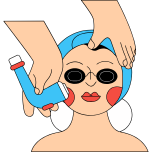 Hair Removal
Hair Removal Movies
Movies Personal Finance
Personal Finance Websites
Websites
